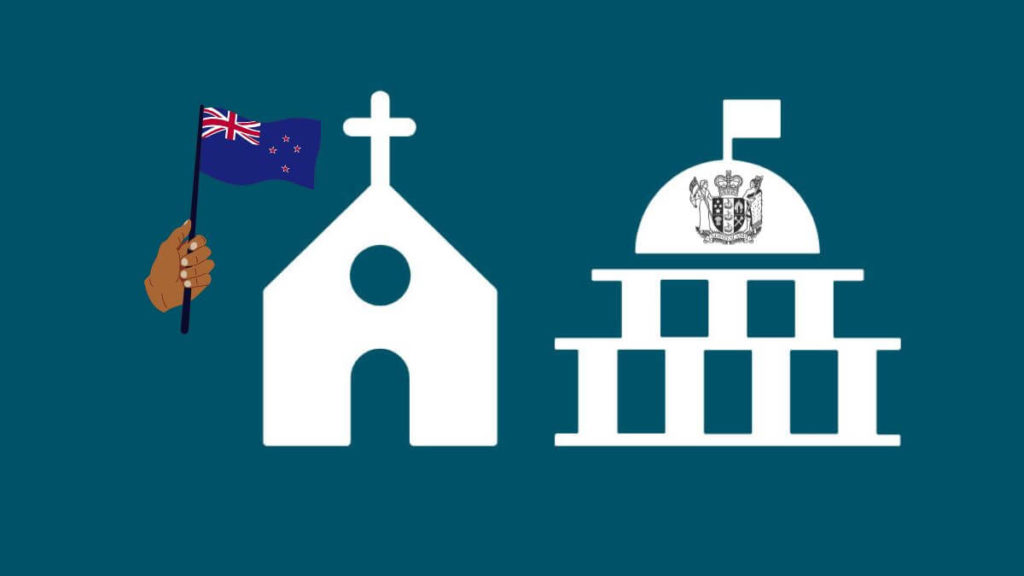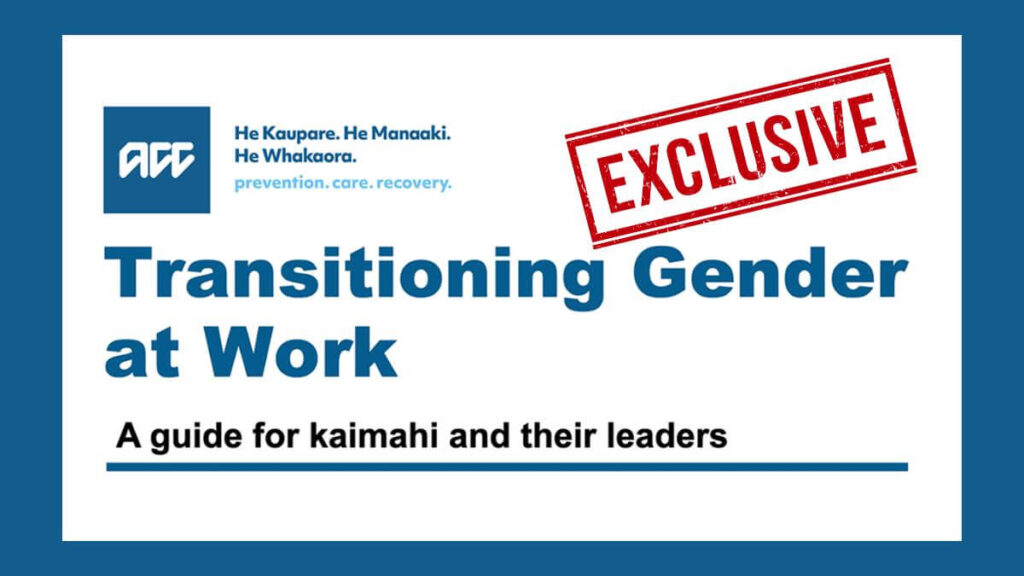Olivia Boyd is our teenage guest writer who is very passionate about supporting the pro-life movement and ending human trafficking. Upon completion of her High School education, she intends to study law and psychology. She has an interest in human rights and social psychology, and is an active member of the PragerForce group for students and young professionals. Olivia will be contributing articles to Family First this year as part of her Duke of Edinburgh award.
Please read Olivia’s article on The Separation of Church and State…
THE SEPARATION OF CHURCH AND STATE – by Olivia Boyd
The phrase “the separation of Church and State” was first used overseas but is commonly used here in New Zealand.
There can be some misunderstanding around how this phrase is applied. It doesn’t mean that Christians aren’t allowed to let their religion influence their political views. Nor does it mean that expressions of faith and the traditions we may hold as a society do not belong in the public sphere. The real meaning is quite simple.
The phrase was first used by US President Thomas Jefferson, who wrote a letter to the Danbury Baptist Association in 1802 in response to their concerns 1. In his letter he stated that the First Amendment had built a wall of separation between Church and State. Religion was to be a personal matter, and he was clarifying that the State was not to establish a religion or to prevent the free expression of it.
Although commonly used in New Zealand, the phrase of separation of Church and State is not written into any of our laws. An RNZ article in 2021 referred to it as “the convention of the separation of Church and State” 2. There is no unique “New Zealand” meaning of it, other than the one that we’ve adopted from the US. We can understand its meaning through understanding what it meant in its historical context.
So what does the phrase mean?
What the separation of Church and State IS:
- The State (government) cannot coerce or force people into religion or religious practices.
- The State cannot prohibit the free exercise of religion or dictate to the Church how it should practise faith.
- The Church can’t impose a theocracy (a government run by religious leaders) on the State.
What the separation of Church and State is NOT:
- Limiting or keeping religious belief and expression out of the public sphere.
- Having the view that the Church cannot speak into government and politics.
- Keeping religion from influencing our values and decisions, including those issues we stand for in the public sphere.
It goes both directions – the Church is not to govern the State, and the State is not to govern the Church.
In a modern context, we could also apply the concept more widely – the “Church” could be any religion, and the “State” could be any form of government. But the meaning still stays the same—one does not interfere with the other.
With this being the case, the phrase is misapplied when it is used to shut down religious views, to react to a politician who may hold religious convictions and is guided by them, or when there are calls to remove things from the public space such as prayer or religious traditions. These are not examples of the Church interfering with the State that need to be called out. When the phrase “the separation of Church and State” is used in this way, it is ultimately just a way of telling an individual to keep their faith away from the public sphere where it cannot be seen.
What about the State interfering with the Church’s ability to freely exercise religion?
When the wall of separation has not been clear, such as during the tumultuous times in the Middle Ages, the results have sometimes resulted in massive bloodshed, persecution and condemnation. Those who haven’t adhered to the State’s restrictive laws, and have instead believed in what they personally held to be true, have often suffered under such regimes. This is why Jefferson’s statement on the separation of Church and State was revolutionary at the time, and why it’s something still relevant today.
When we see a move towards the government beginning to place limitations on the Church’s ability to express religious belief and practice, we should watch this carefully and push back if the government begins to step into the sacred space of religious traditions and practices that the Church has held for centuries.
If the government changes our law to where we cannot hold silent prayer vigils outside abortion clinics, will there eventually be a ripple effect to where it’s prevented in other places as well? Or if the government redefines a centuries old Judeo-Christian practice, such as marriage, at what point are Christians forced to conform their religious practices to fit the new definition? These are just a couple of examples.
So while this is not the State establishing a State religion as such, when we see these things happening, we must rightly give voice to where we see any move towards government determining or limiting religious belief and expression.
Ronald Reagan once said, “Freedom is never more than one generation away from extinction. We didn’t pass it to our children in the bloodstream.” In other words, it’s not just something that is inherited. He stated that freedom must be fought for, protected, and handed on to our children to do the same. Once again, history teaches us that we should learn from the lessons of the past and where government is reaching too far into our freedom to practice religious belief, we should speak up.
1 https://usconstitution.net/jeffwall.html
2 https://www.rnz.co.nz/news/on-the-inside/439247/luxon-s-religious-views-risk-turning-off-middle-ground-voters




